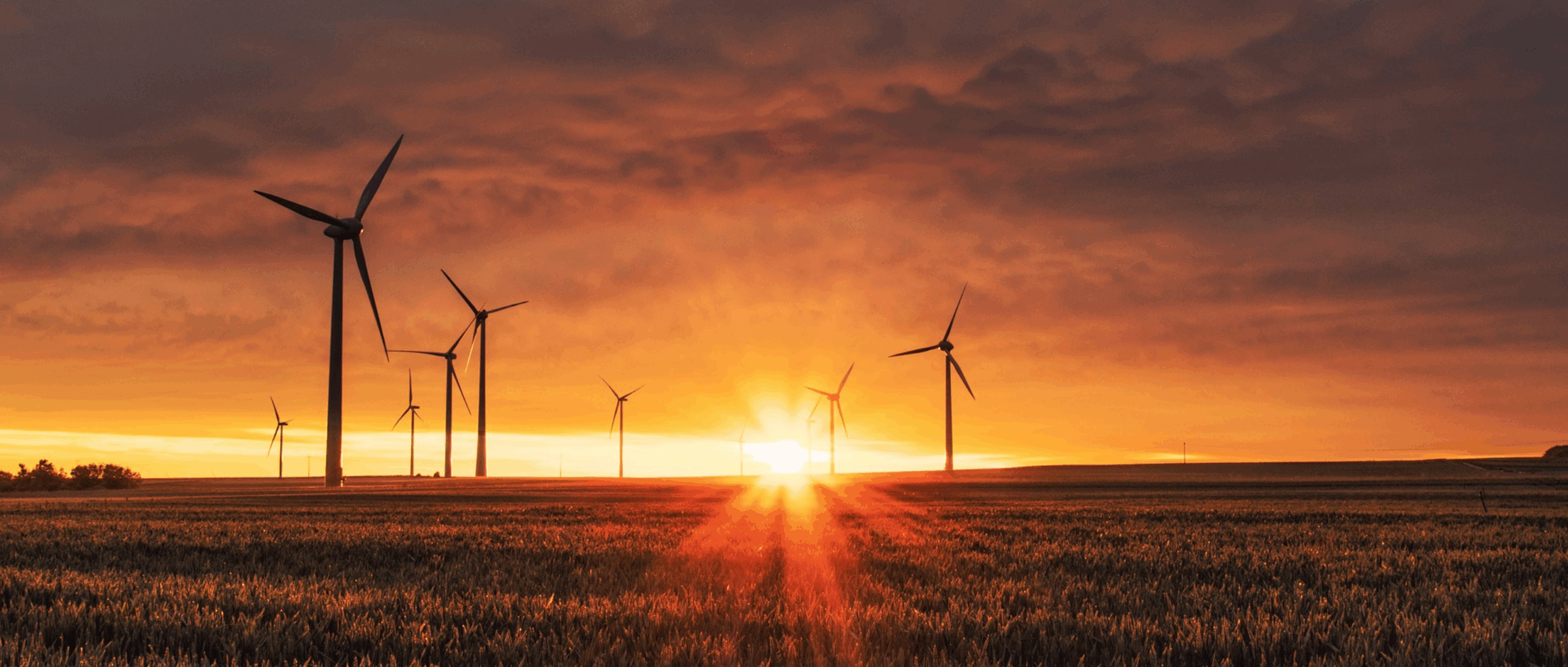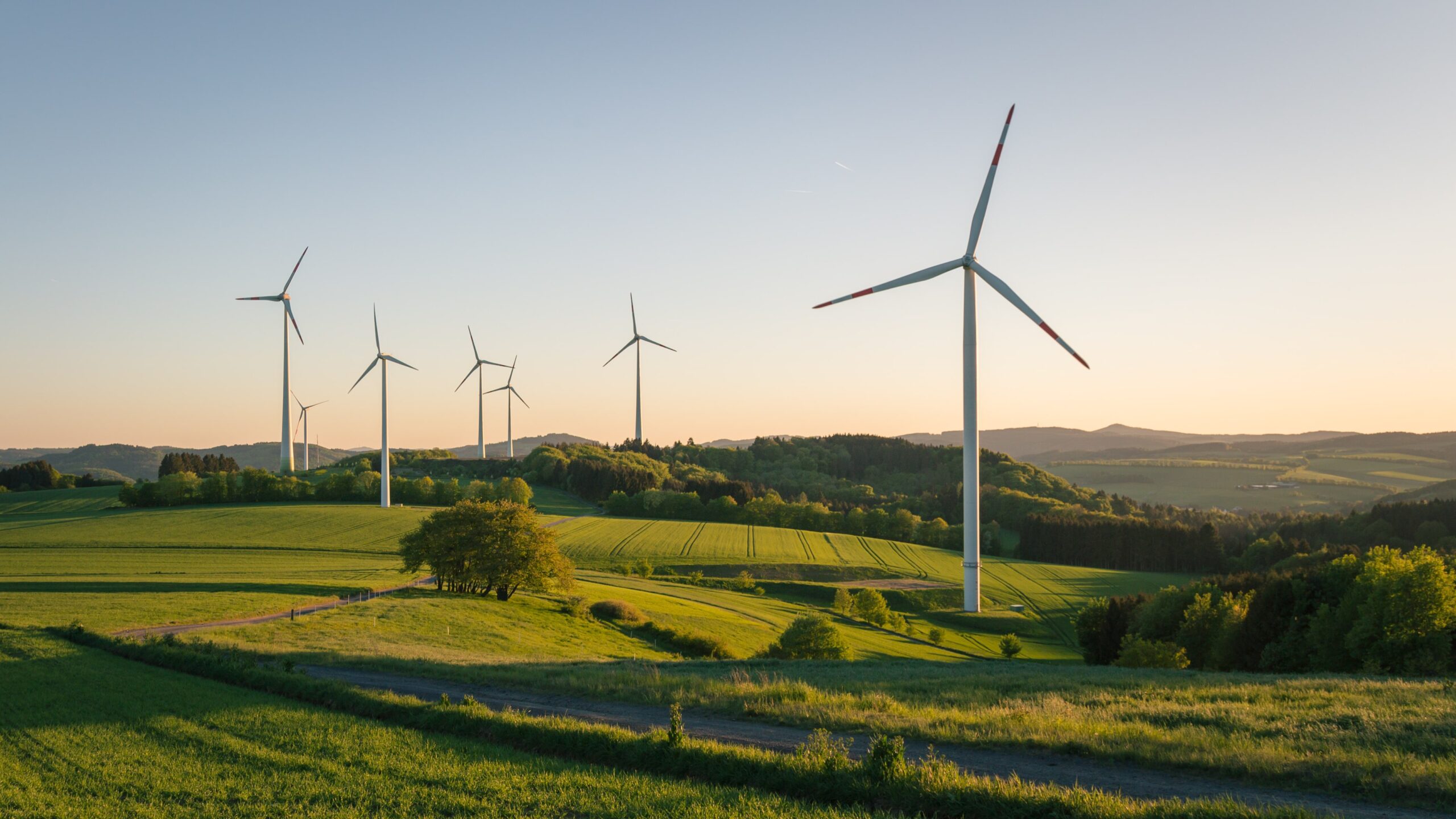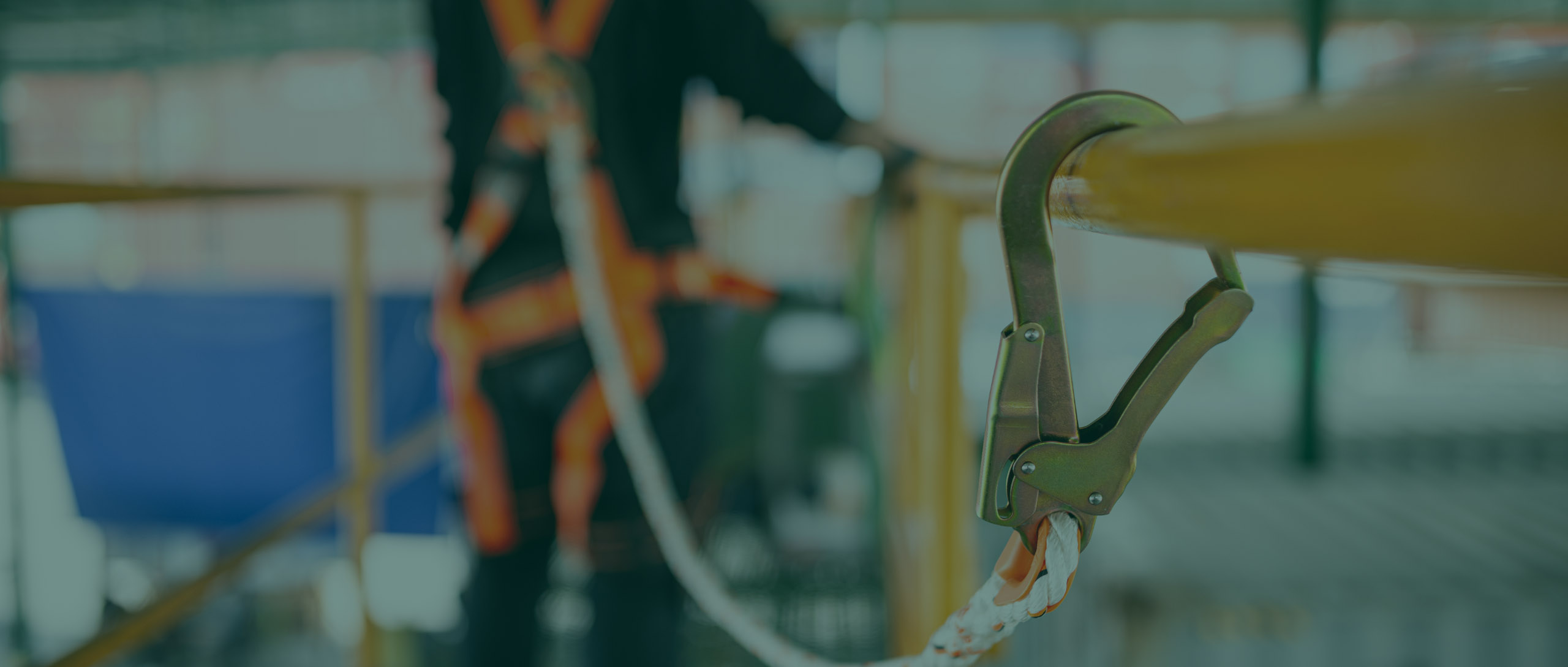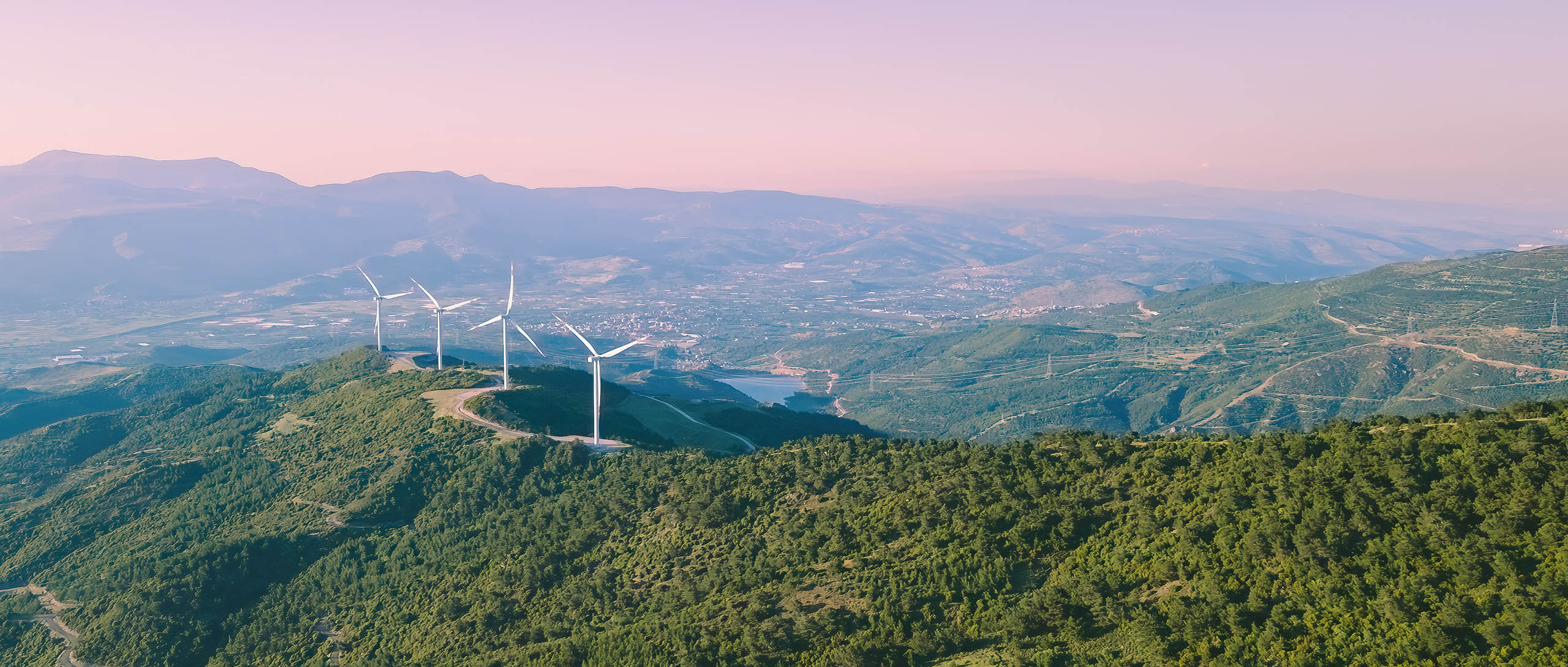Carbon Neutral Annual Update
At JVAT, our commitment to sustainability goes beyond compliance, it’s part of how we create and look forward to a better future. Each year, we actively measure, manage, and offs
JVAT Achieves Carbon Neutrality Since Inception
JVAT is proud to announce that we have officially achieved carbon neutrality for our entire operational history, from 2017 through to today. This milestone reflects our unwavering
Putting our People First: JVAT Wins Wellness & Health Award
JVAT is proud to be named a Wellness and Health Award Winner, and we couldn’t be more excited. This recognition is a powerful reminder of what we’ve always believed: happy, hea
We’re Leading the Charge: JVAT Wins Award for Excellence in ESG!
Australia’s sheer expanse, and the country’s role as one of the biggest military and economic powers within the South-East Asian rim, has motivated the development of advanced
Health, Safety & Environment at JVAT
At JVAT, our commitment to sustainability and workplace safety reflects our core values of ethical practice and responsible stewardship. Through robust policies and practices, we c
Carbon Neutral Statement
In recent times, there has been a great deal of information posted about how to work effectively from home. JVAT is a proudly agile organisation and we already have technology, sys
People & Social Values
In recent times, there has been a great deal of information posted about how to work effectively from home. JVAT is a proudly agile organisation and we already have technology, sys
Why Worry?
You are not even the same person you were just an hour ago. In an adult human, some 50-70 billion cells die and are replaced every day and if we posit, as some do, that we are the
JVAT Work Day
JVAT recognises the importance of societal impact alongside its primary focus on national security. We go beyond our core mission by actively contributing to various aspects of soc
Australian Aviation Industry: Guaranteeing Safety
Australia’s sheer expanse, and the country’s role as one of the biggest military and economic powers within the South-East Asian rim, has motivated the development of advanced













